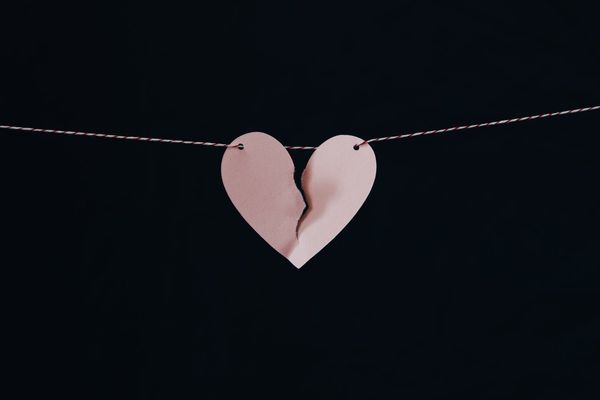People hear the word "abuse" and automatically assume its physical: hitting, kicking, throwing. But abuse has many different faces and when it comes to relationships, possibly one of the lesser-known and often unnoticed is emotional abuse. So what is emotional abuse? It's a difficult question to answer. Emotional abuse, like physical abuse, is an attempt to control another person, but instead of getting physical, an emotional abuser uses emotions as their weapon of choice. It can be anything from being jealous all the time to threatening to kill themselves if you leave them.
So you may be asking yourself, why should I believe anything this 21-year-old college girl tells me? My answer? I've been there. I've been in a relationship that was so toxic, so mentally draining, so emotionally and nearly physically abusive. So, I get it. Looking back, I wish I would have noticed sooner that the relationship was abusive. I thought abuse was only physical. I thought if he didn't physically hurt me it was normal — not abuse. I wish someone would have told me sooner...or at least shown me the signs of a toxic relationship before I got in too deep.
If you're struggling or even if your not, chances are you'll meet someone someday who is. Who needs someone to tell them, "Hey, this is not OK." Or maybe you need someone to tell you that. So this is me, saying to you, to ANYONE struggling with any of these eight signs, "Hey, that's not OK. That's abuse."
Jealousy

Don't be fooled into thinking jealousy is flattery. I've heard so many people who are dating or in relationships say, "Well, I'd be concerned if he/she/they weren't jealous." Jealousy, when it comes to romantic relationships, is defined as "feeling or showing suspicion of someone's unfaithfulness in a relationship." We are taught that a little jealousy is healthy, that it means you truly care about your partner or that your partner truly cares about you. But when jealousy is introduced into a relationship, suddenly people are treated as objects — something to be owned by another person. If a relationship is built on trust, which is crucial to all healthy relationships, jealousy should not be a problem. It's one thing to feel jealous and understand that it is unreasonable. It is another to feel jealous and act on those feelings.
Not Valuing Your Time
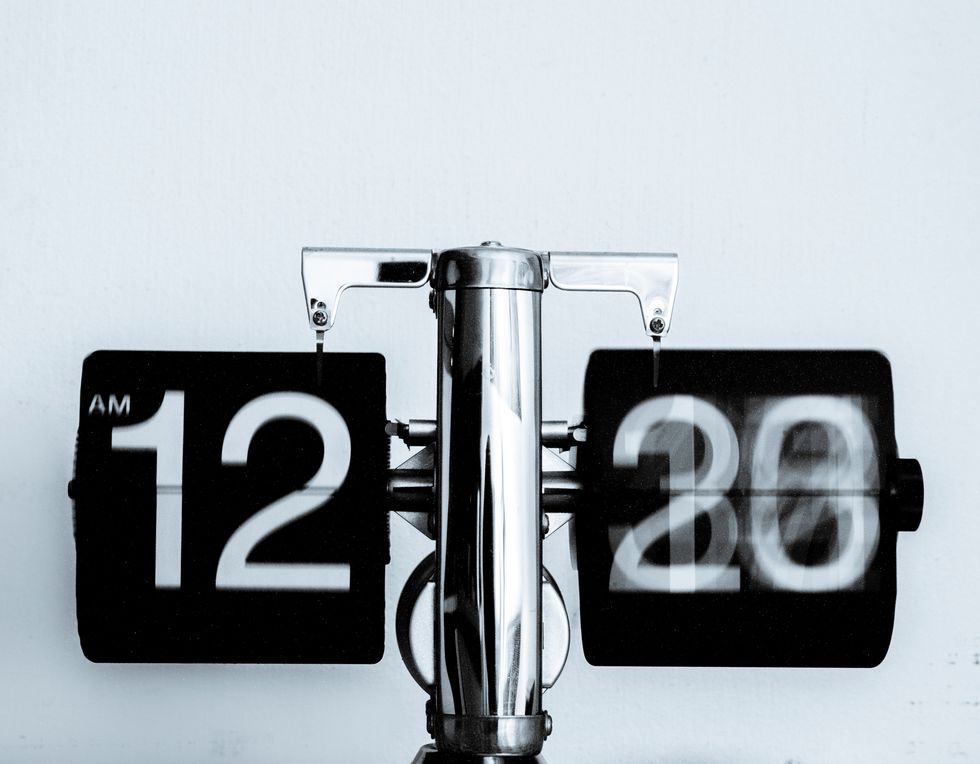
No matter how much you like or even love someone, most people have to have time for themselves. Whether it's spent hanging out with friends, going to the gym, or watching Netflix alone, this "alone time" is crucial for a healthy relationship. With that being said, "I just like you so much I want to spend every minute with you" is not a good excuse for your significant other to hold you back from taking this time. While relationships are about building a life together, it is not about two people becoming "one." It is about two people, coming together, bringing their own insights, personalities, and preferences, and forming a team. Relationships require sacrifice, but you shouldn't be sacrificing yourself.
Interrogation v. Interest

There's a difference between being interested in another person's life and trying to "catch" them in a lie. "Where were you?" "How long will you be gone?" "Who else is going?" "How many drinks did you have?" "Did you talk to so-and-so?" Please understand that nowhere does it say that in a relationship you are required to share EVERYTHING. If you are constantly being berated by questions such as these, you should take a step back and reevaluate your relationship. Do you ask these questions of your partner? Or is it only one way? This constant questioning can make you second guess your feelings, memories, and instincts.
Isolation
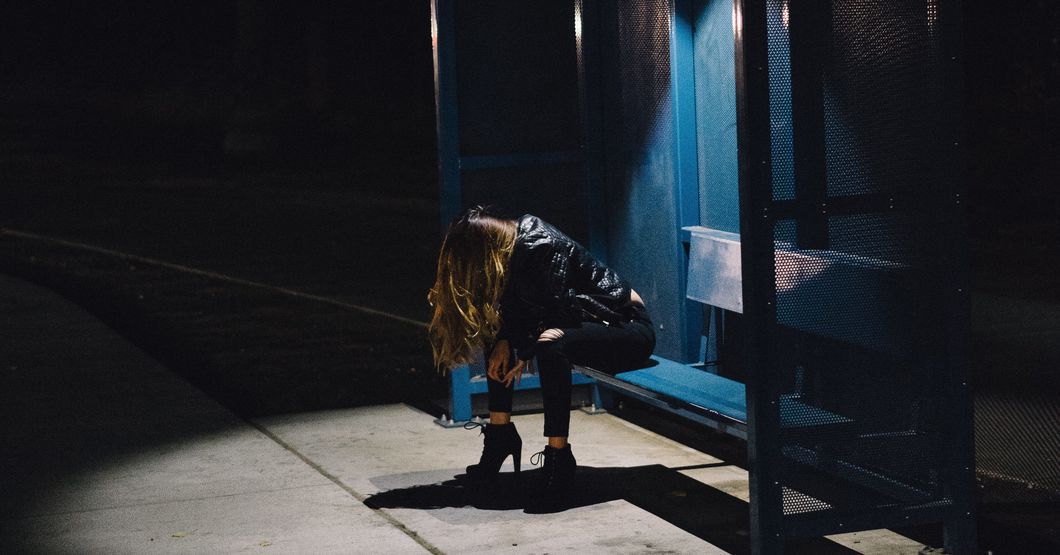
It happens so slowly that you don't even notice it. First, you can't go to dinner with friends because you and your partner have plans. No big deal. Next time your friends go out, you don't have anything planned, but your partner wants to stay in and watch Netflix. So you stay. And eventually, your friends stop asking. At some point, you feel you have nowhere to go so what do you do? You stay with your partner. Even if you don't want to.
Keeping Score
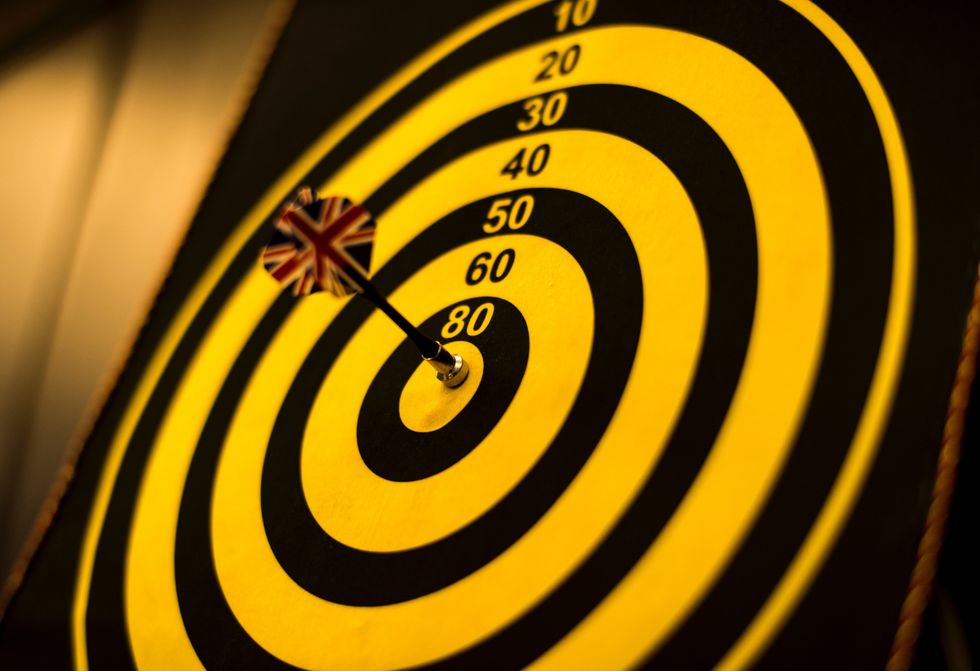
It is inevitable that at some point in an extended relationship, someone will make a mistake. Whether is be small like forgetting to take out the trash or larger like getting drunk and kissing another person, relationships are about working through these problems. If you can't, which in the case of cheating is the best option, then you need to split up. If you decide to work things out, this issue is in the past.
Once you have both agreed to get past whatever disrupted your relationship, the other person should not use this mistake against you in further arguments. That's why I call this "keeping score." When you're having an issue, it's not about what happened in the past. It is about what is happening right now and how together, you can work through it (or not work through it).
Holding The Relationship Hostage

There should never be a point where you or your partner are saying things like, "I can't date someone who does ___" or "If you can't fix this, we can't be together anymore." Statements like these are using the relationship as an object that is being dangled in front of you, but that you can only have under certain circumstances. While, of course, you should have your standards, they should be set way before you enter into a relationship, and you should NEVER expect someone to change valuable aspects of their personality just to please you.
Asking Permission
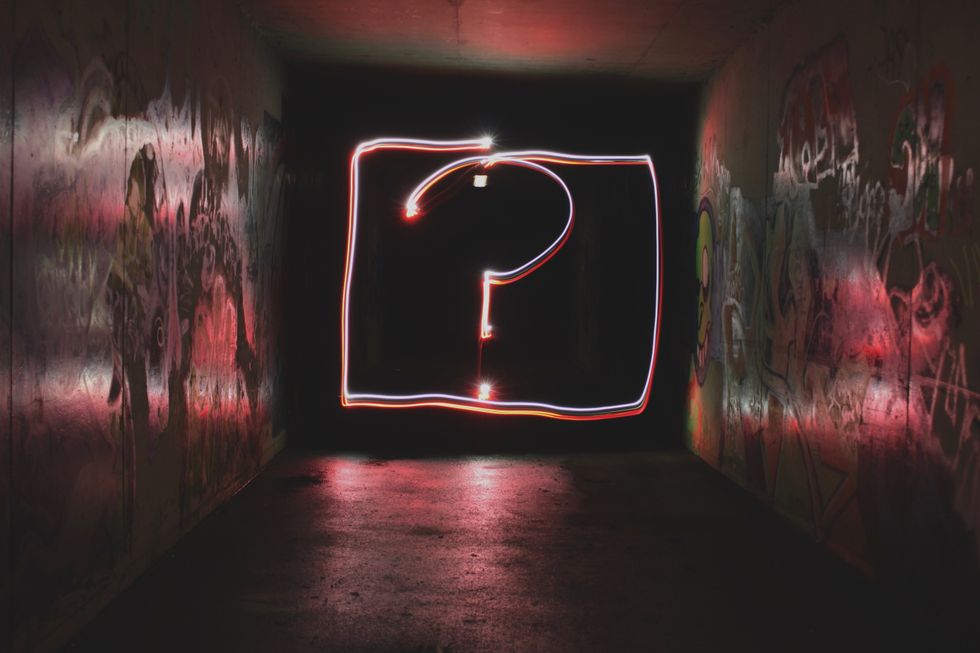
Usually, in toxic relationships, one person can do whatever they want while the other is constantly "asking permission" or "checking" with the other to make sure certain actions are OK. In a serious relationship between two adults, there's no need for "permission." Sure, it's OK to check and see if your partner is free that day or maybe if they want to come along, but there's no reason you should treat your significant other like a third parent.
"You Are My Everything"
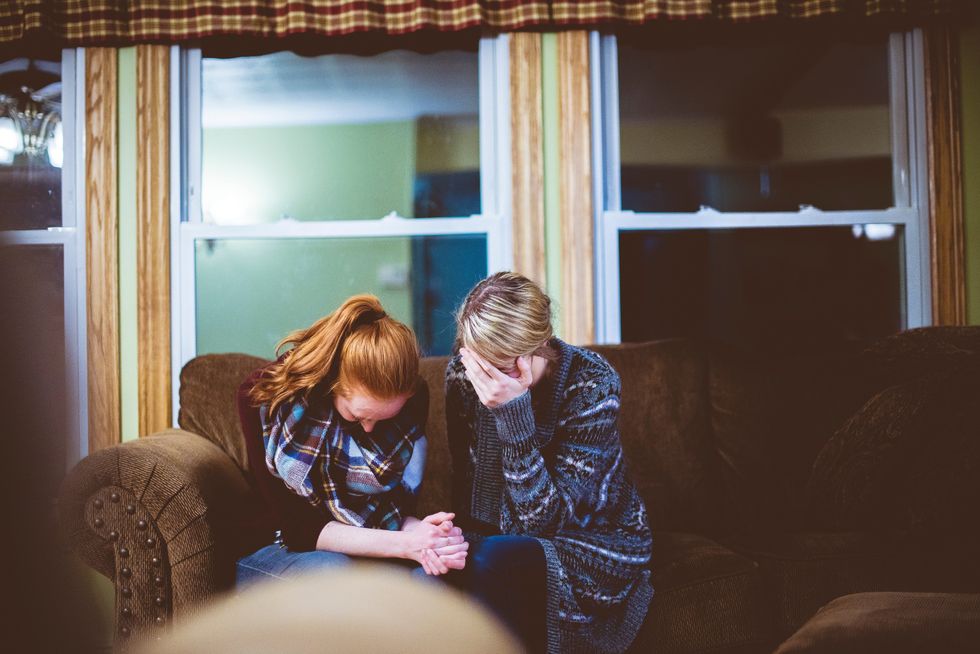
The phrase might sound flattering and maybe to some, it is. But, in many abusive situations this seemingly "romantic phrase" is often used as a weapon. "You are my everything. If you leave me I'll have nothing." Or, even more extremely, "You are my everything. If you leave me, life isn't worth living anymore." You should NEVER be someone's everything. It's not healthy for you or for them.
Remember, no matter what, there are always people out there who will love and support you. If you, or someone you know, is struggling with an abusive relationship (whether physical or emotional), don't be afraid to look for support.
Relationships are about two people who care deeply about one another. No one who truly "loves" you will abuse you.













